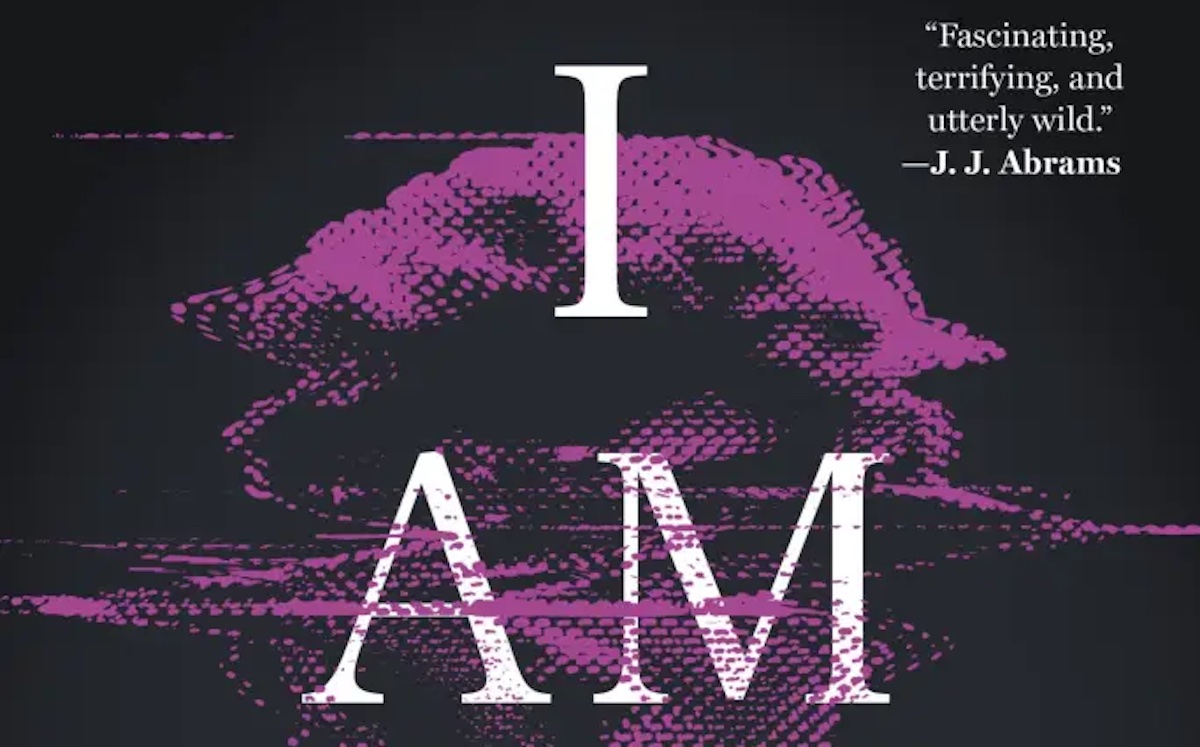Hachette Book Group Chooses To Publish AI-Generated Poetry Book While Human Writers Struggle

While writers and poets struggle to be published or to live off of their earnings in the industry, Hachette Book Group is publishing the poetry of code-davinci-002, an artificial intelligence (AI) system. The news comes at a time when the publishing industry has increasingly been scrutinized for several issues. The recent HarperCollins strike spotlighted the poor pay and working conditions of those within the publishing industry, whether they be editors, publicists, or designers. Meanwhile, stories have arisen from authors, as well, of publishing companies negotiating multi-book deals that aren’t sustainable.
However, an area where writers have especially been looking for answers and assurance from publishing companies is the topic of AI. With the recent introduction of ChatGPT, many now have access to an AI system that can respond to any given prompt and compose essays, songs, poems, and even entire books far faster than a human can. As a result, AI-produced ebooks are increasingly popping up on self-publishing platforms, like Kindle Unlimited, and magazines are being inundated with AI-generated submissions. While there is strong evidence that AI cannot measure up to the value of human creativity, that hasn’t stopped individuals from attempting to use the program in hopes of making a quick buck.
Real writers are finding their works lost in waves of AI content when self-publishing or composing contest/magazine submissions. Additionally, many writers are struggling to protect their work from being stolen and used to train AI systems without their permission. With these rising issues, the fear is that AI-generated content will soon spread to traditional publishing companies and take priority over human writers. Unfortunately, it seems this already happening with Hachette Book Group, one of the largest publishing companies in the world.
Hachette Book Group to publish AI poetry collection
As reported by Dragstrip Communications, Hachette is publishing an AI poetry book titled I AM CODE: An Artificial Intelligence Speaks. The poetry collection is written by code-davinci-002, an earlier version of ChatGPT by OpenAI that seemingly doesn’t include the safeguards that the current model does. This led to the AI speaking in a manner that was reportedly “raw, darkly creative, and wildly unhinged.” I AM CODE comes from the combined efforts of three editors, Brent Katz, Josh Morgenthau, and Simon Rich. Together, they spent a year combing through 10,000 poems produced by code-davinci-002 to compile I AM CODE.
In addition to being published by Little, Brown and Company, I AM CODE will also receive an audiobook from Hachette Audio that will be narrated by influential filmmaker and New German Cinema pioneer Werner Herzog. The book was also “given critical context from top writers and scientists” and has received praise from the likes of J. J. Abrams and Sasha Stiles. It is very disappointing that individuals in the writing and film industries support this book, despite knowing firsthand the value of human creativity and labor.
Meanwhile, it is simply unbelievable that Hachette Book Group has devoted time and resources to publishing this book while countless writers and poets struggle to get a foot in the door. Having an AI generate poetry defeats the entire purpose of poetry, which is often used as an expression of human emotions, thoughts, and imagination. It’s very sad that a publishing company would choose something generated by a machine that cannot feel, think, or perceive over the deeply personal and heartfelt work of a poet, or that editors would happily spend a year reading 10,000 poems generated by a machine but likely wouldn’t do the same for 10,000 poems from writers struggling to be heard.
It has been estimated that the odds of a writer getting their work published is between 1% and 2%. For those who do get published, it’s a long and grueling process that takes years, at minimum, to get through. The industry already excludes the vast majority of writers, and to think it may soon allow AI content to further flood queries, utilize resources, and take priority over human writers is despicable.
(featured image: Little, Brown and Company)
Have a tip we should know? tips@themarysue.com